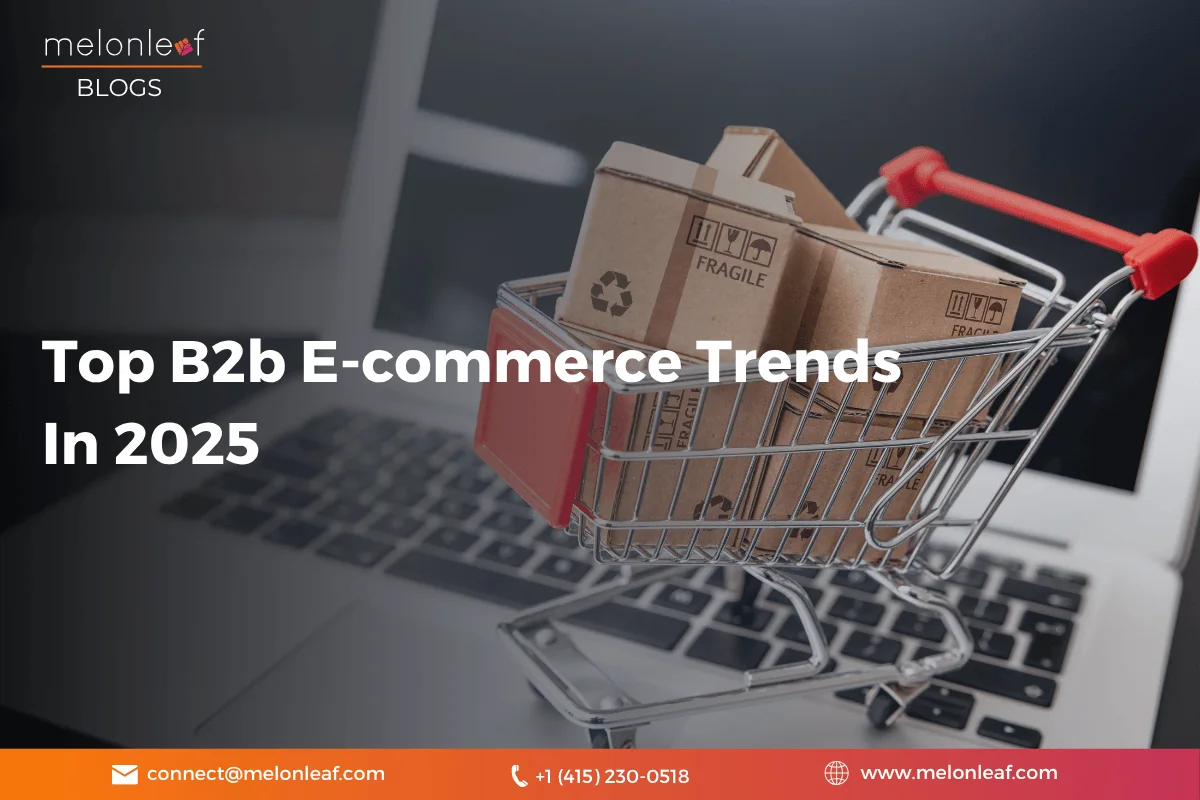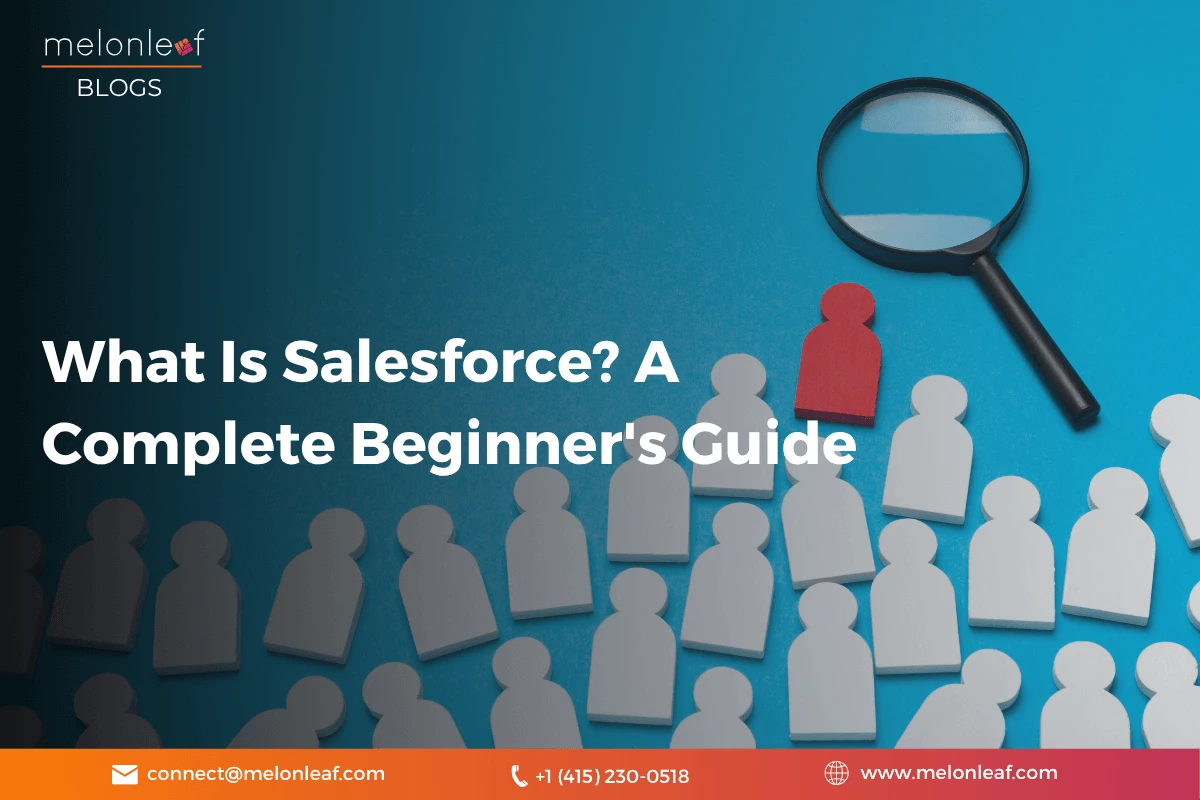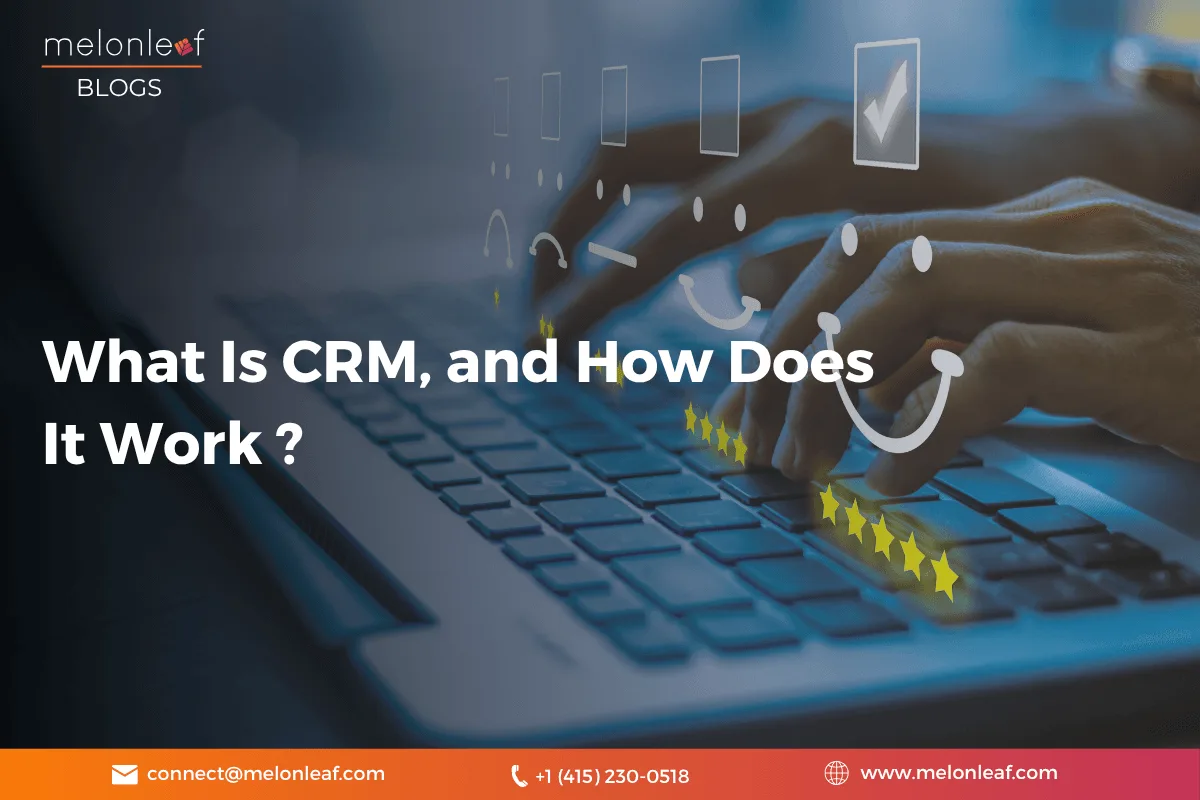

Technology has changed the way we shop. A few decades ago, people walked into stores, browsed through shelves, and made their purchases after a brief chat with the shopkeeper. Today, most of this happens online, without a single word spoken. But behind every online store, there is a complex system working tirelessly to keep everything in order.
One such system is Salesforce Commerce Cloud, an e-commerce platform that helps businesses run their digital stores. Large brands rely on it to handle everything from product listings to customer interactions. But is it the right choice for everyone? Like any tool, it has both advantages and drawbacks. Let’s explore.
What is Salesforce Commerce Cloud? A Complete Overview
Salesforce Commerce Cloud is a cloud-based eCommerce platform designed to help businesses build engaging, AI-powered shopping experiences. Whether a brand sells directly to consumers (B2C) or other businesses (B2B), Commerce Cloud offers tools to manage everything, such as product catalogs, pricing, promotions, customer data, and order fulfillment, all in one place.
For a better understanding of the foundation of Salesforce Commerce Cloud, give a read to this detailed guide.
Key Features of Salesforce Commerce Cloud
Every e-commerce platform has features that define how it operates. Salesforce Commerce Cloud’s features focus on creating a dynamic, AI-driven, and customer-focused shopping experience. Here are some of its standout capabilities:
AI-Powered Personalization:
Salesforce Commerce Cloud’s Einstein AI analyzes shopper behavior and recommends products they didn’t even know they wanted. Like that friend who always knows what’s trending before anyone else does.
Multi-Channel Selling:
It doesn’t matter where your customers are, website, mobile, social media, or in-store. Salesforce Commerce Cloud makes sure the shopping experience is consistent everywhere.
Effortless Order Management:
From inventory updates to shipping notifications, Salesforce Commerce Cloud keeps things moving. No awkward “Where’s my order?” emails needed.
B2B and B2C Solutions:
Whether you’re selling sneakers to individual customers or bulk software licenses to corporations, Salesforce Commerce Cloud handles both worlds effortlessly.
Integration with Salesforce:
If you’re already using Salesforce CRM or Marketing Cloud, Salesforce Commerce Cloud blends in like it was always part of the plan.
Want a deep dive into key features of Salesforce Commerce Cloud? Here’s a complete breakdown.
Pros of Salesforce Commerce Cloud: Why Businesses Choose It
1. Personalized Shopping Experience
2. Handles High Traffic with Ease
3. Data-Driven Insights for Better Decision Making
4. Multiple Sales Channels in One Platform
5. Automatic Upgrades and Feature Enhancements


Cons of Salesforce Commerce Cloud: Potential Challenges
1. High Implementation Costs
2. Complex Learning Curve
With great power comes great complexity. Salesforce Commerce Cloud’s advanced features require proper training, and businesses often need a dedicated team of certified Salesforce experts to handle the platform effectively. This can increase operational costs.
3. Customization Limitations
4. Dependence on the Salesforce Ecosystem
Salesforce Commerce Cloud works best when integrated with other Salesforce products, like Service Cloud and Marketing Cloud. While this creates a unified system, it also means businesses relying on other software might find integration more challenging.
5. Transaction Fees
Salesforce Commerce Cloud Pricing: Is it worth the investment?
Salesforce Commerce Cloud follows a pricing model based on Gross Merchandise Value (GMV). This means businesses pay a percentage of their total sales revenue rather than a fixed monthly fee. The pricing structure includes:
- Commerce Cloud Growth (For growing B2B businesses): 1% of GMV per year
- Commerce Cloud Advanced (For mature B2B businesses): 2% of GMV per year
- Commerce Cloud B2C Premium (For direct-to-consumer businesses): Custom pricing
source: Salesforce Commerce Pricing
While the costs can be significant, the return on investment depends on how well a business utilizes its features. Larger enterprises that rely on AI-driven insights and multi-channel selling may find it a valuable investment, whereas smaller businesses might feel the costs outweigh the benefits.
Who should use the Salesforce Commerce Cloud? Best Fit Industries & Business Types
Salesforce Commerce Cloud is most useful for businesses that:
- Sell across multiple channels (website, mobile, social media, in-store).
- Have a large customer base and require advanced personalization.
- Need a scalable system that can handle international operations.
Industries that benefit the most include:
- Luxury and Fashion Brands: High-end shopping experiences with customized recommendations.
- Global Retailers: Large brands managing thousands of products.
- B2B E-Commerce: Companies selling in bulk with different pricing structures.
Migrating to Salesforce Commerce Cloud: what you need to know
Switching to a new e-commerce platform is never an easy decision. Businesses planning to migrate to Salesforce Commerce Cloud should:
Assess their current e-commerce needs: Understanding what features they require will help determine if the platform is the right choice.
Plan data migration carefully: Customer data, product catalogs, and order history must be transferred without disruptions.
Train employees: Teams should be prepared to use the platform effectively, reducing delays post-migration.
Migration may take time and the right strategy, but for businesses looking for a long-term e-commerce solution, the transition can be worth the effort with a trusted Salesforce Partner.
Real-Life Examples: How companies benefit from Salesforce Commerce Cloud
1. ECCO: Blending Online and In-Store Shopping
2. Puma: A Digital Sprint in E-commerce
3. Sonak: Scaling for Growth
From luxury footwear to sportswear and consumer electronics, these brands have used Salesforce Commerce Cloud to strengthen their business models and create better shopping experiences. Their journeys show how the right tools can help businesses adapt, grow, and serve customers more effectively.
Source: Salesforce Customer Sucess Story
These success stories show how businesses, whether telecom providers, insurers, or e-commerce brands have used Salesforce Commerce Cloud to refine their strategies, grow their reach, and improve customer interactions.
Should your business choose Salesforce Commerce Cloud?
The decision to invest in Salesforce Commerce Cloud depends on multiple factors, including business size, sales strategy, and future expansion plans. Here is a structured approach to determine if it is the right fit:
Best fit for business that:
- Need a scalable platform that grows with increasing sales and market expansion.
- Want AI-driven personalization and real-time analytics to enhance customer experiences?
- Operate in multiple regions and require multi-currency, multi-language support.
- Manage complex order fulfillment and inventory tracking across different sales channels.
May not be ideal for businesses that:
- Have minimal need for advanced AI-driven insights or automation.
- Require extensive backend customization beyond what Commerce Cloud allows.
- Do not use Salesforce CRM or other Salesforce products, making integrations more complex.
For businesses considering Salesforce Commerce Cloud, evaluating both long-term goals and immediate e-commerce needs can help in making an informed decision.
Wrapping Up
E-commerce is creating experiences that keep customers coming back. A strong platform can help businesses grow, adapt, and offer smoother shopping journeys. But is Salesforce Commerce Cloud the right choice for you? If you’re dealing with complex sales, expanding quickly, and need a platform that can handle it all, it might be a great option.
At Melonleaf Consulting, we help businesses cut through the noise and make smart decisions. Whether you’re looking to scale, optimize, or explore, trust us as your Salesforce Partner to help you find what works best without the guesswork.
Related Posts
Types Of Salesforce License and Costs
Salesforce is a powerhouse in the world of CRM, helping businesses manage customer relationships, streamline…
Top B2b E-commerce Trends In 2025
The world of B2B eCommerce is changing fast. What used to be a slow, relationship-driven,…
What Are the 4 Types of CRM Software?
Customer relationships are the backbone of any successful business. Whether you’re a startup trying to…
What Is Salesforce? A Complete Beginner’s Guide
Imagine running a business where every customer interaction, every sales lead, and every service request…








































